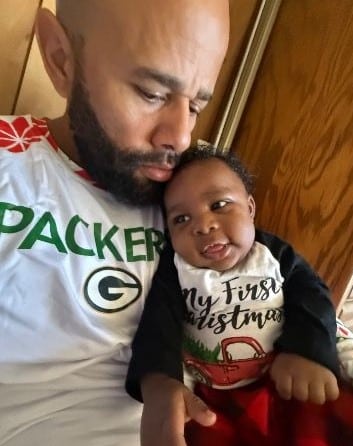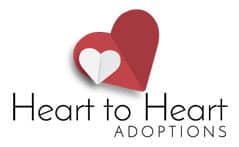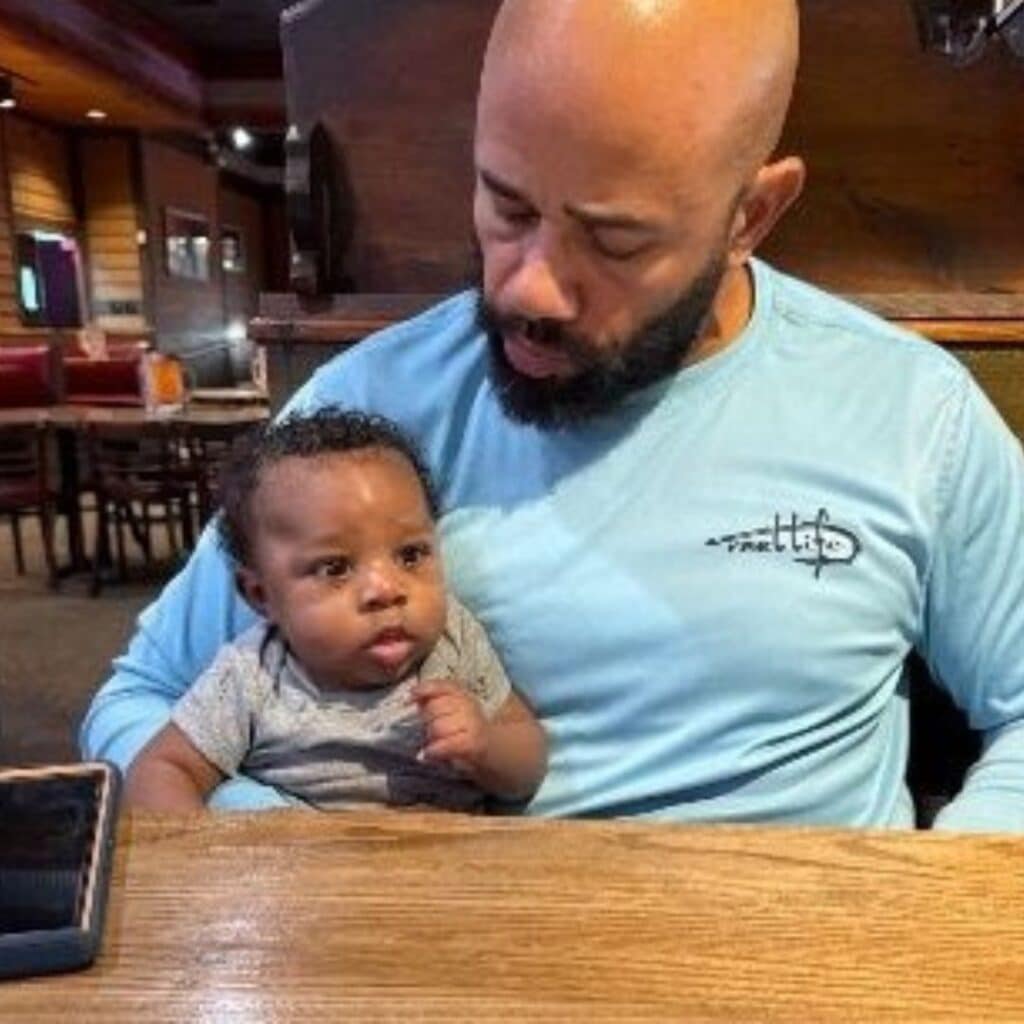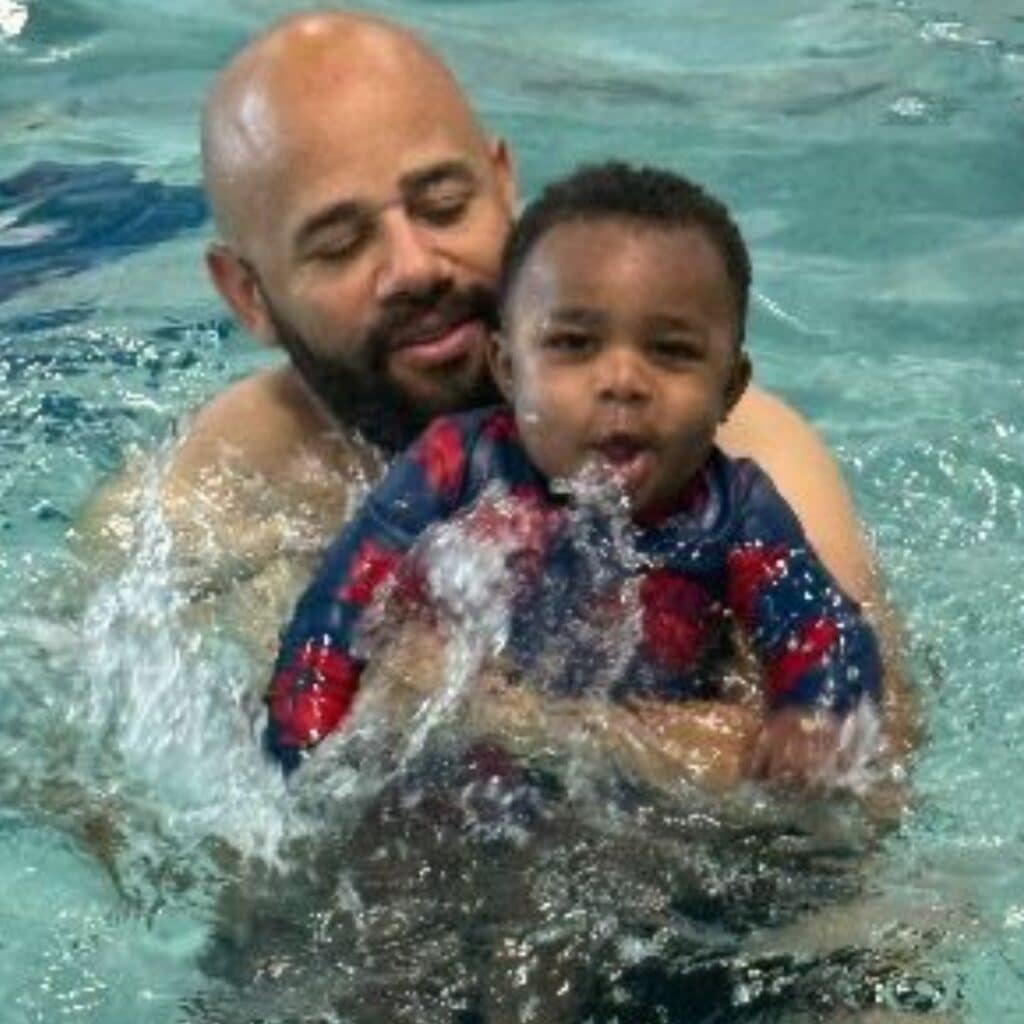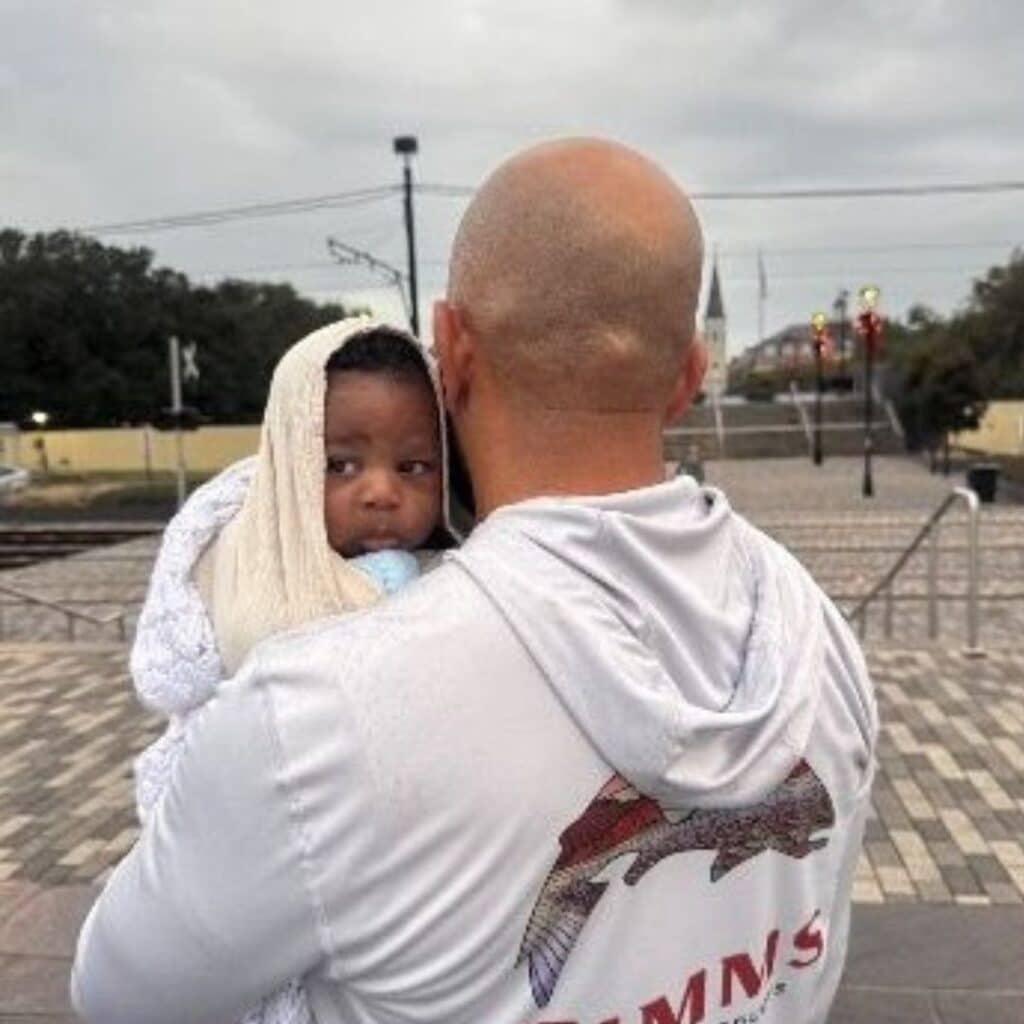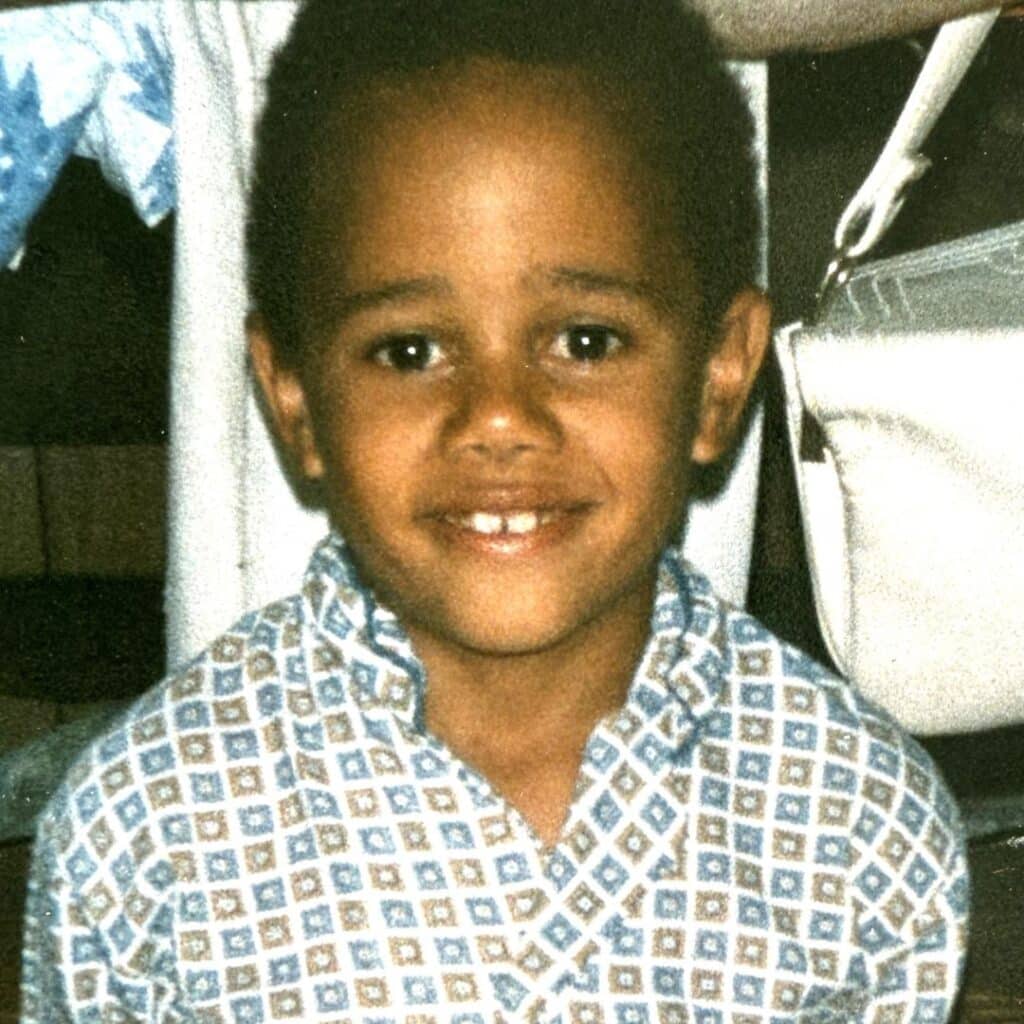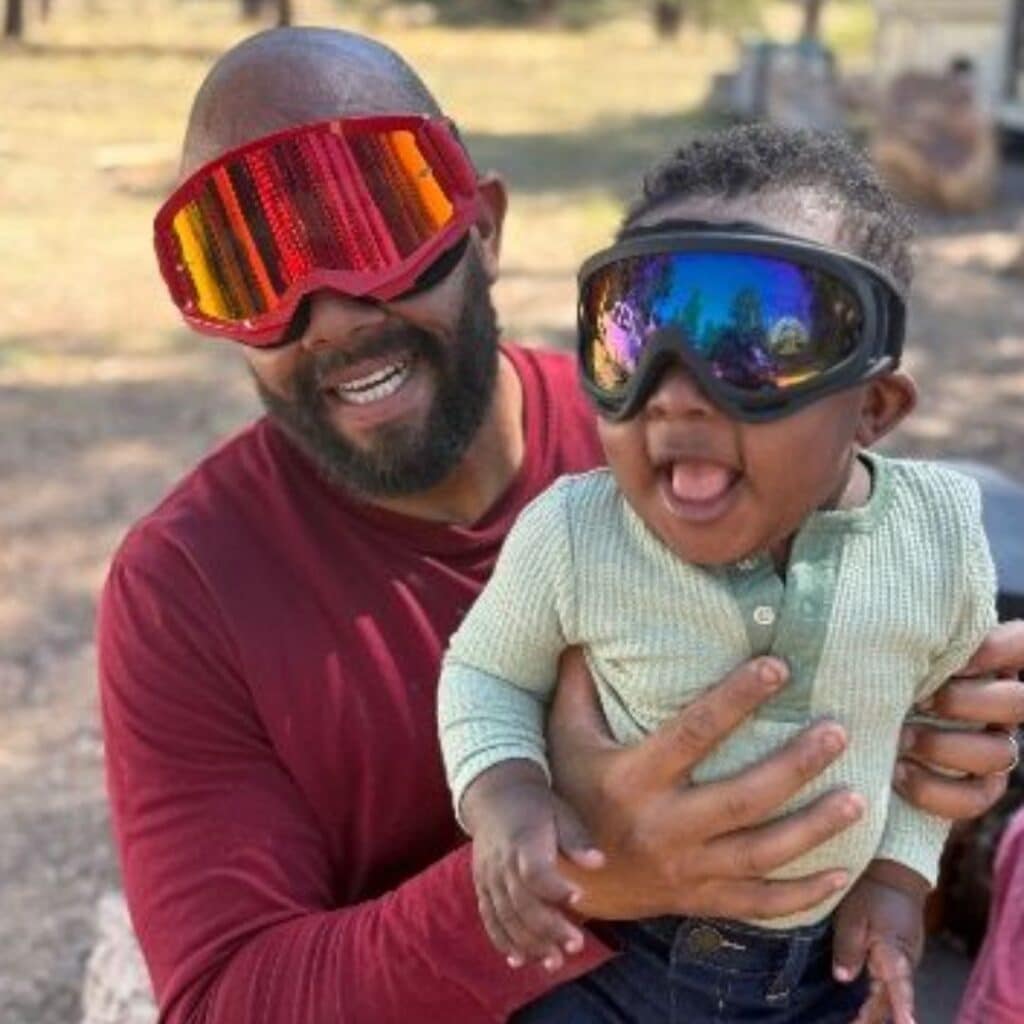"You're Not My Real Parents"—Words That Burn and Linger
There’s no universal way that people feel about being adopted. For Alexander, it was a slow layering of emotions—some clear, some confusing, all deeply felt.
"You're Not My Real Mom. You're Not My Real Dad."
Alexander remembers saying it. One time. Just once. “I was mad,” Alexander said. “I told them, ‘You’re not my real parents.'”
He didn’t mean it. Not in the way it sounded.
And almost instantly, regret moved in. “I felt terrible the second it came out. Of course, they’re real. But so many times, I had been asked, ‘Where are your REAL parents?’ And I didn’t know.”
Sometimes, pain shows up uninvited. It slips through the cracks when you’re young and don’t have the words. Not because you aren’t loved, but because your story has parts you still don’t understand.

At School, Blending In Meant Keeping Quiet
The school environment didn’t always offer relief. It brought questions and sometimes comparisons. There was that lingering feeling of being different, even in a crowd.
“I didn’t talk about being adopted much. At the time, I thought the other kids might think I was weird or something was wrong with me,” Alexander explained. He felt pressure to blend in when his story felt different. And sometimes, silence is easier than explaining something people might not understand. Sometimes, it feels safer that way.
Even before he started questioning the “why” and the “what if” of his adoption story, he knew this: He had been given a name, and people who called him “theirs.”
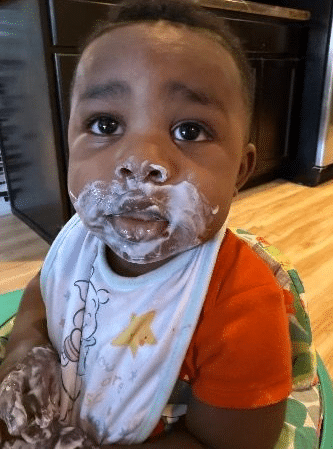
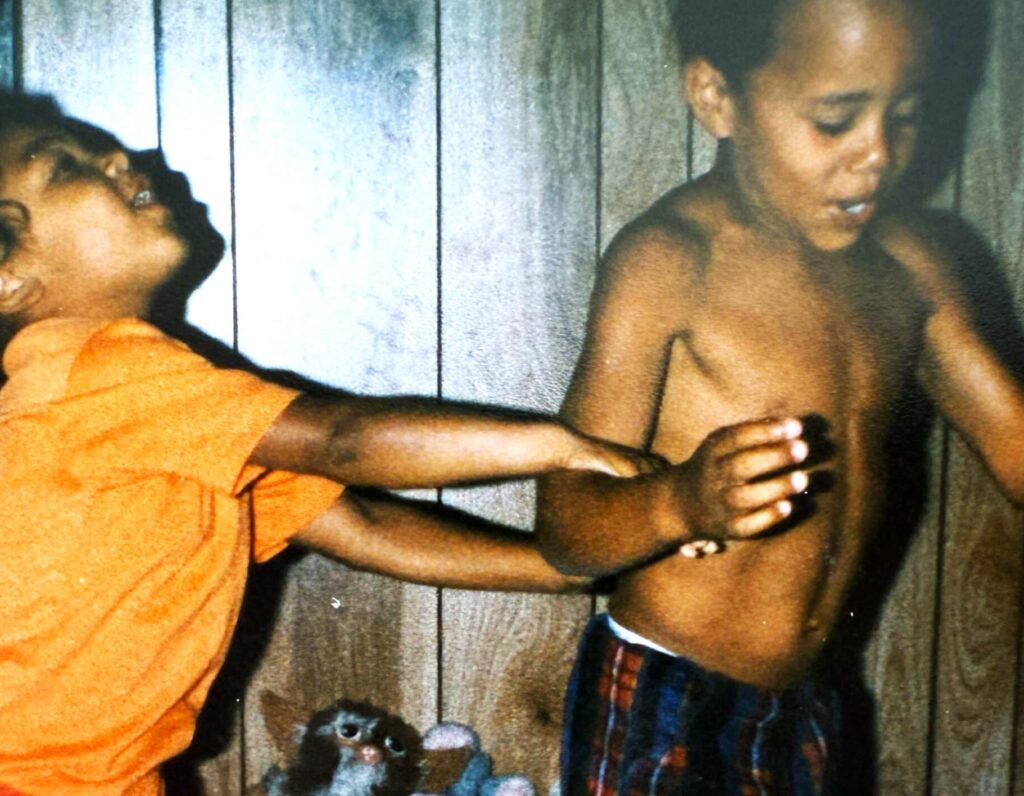
Comparing Identity with Siblings—Adopted and Biological
There were seven kids in the house. Two adopted. Five biological.
“I didn’t feel left out,” he said. “But I noticed.”
He watched how the others shared smiles, features, and gestures, and he wondered.
“Who do I look like?”
It wasn’t envy.
It was something quieter. A soft ache that settled in and never really left.
Why Every Adoptee's Voice Deserves Space
There’s often an expectation for adoptees to feel nothing but gratitude. But Alexander offers something more honest.
“I love my family. I wouldn’t change being adopted,” he said.
Still, he wishes more people understood what it can feel like not knowing your beginnings.
He believes adoptees deserve room to speak, even if their stories are messy and their questions go unanswered.
Because being adopted doesn’t come with a script. And Alexander is still writing his.
